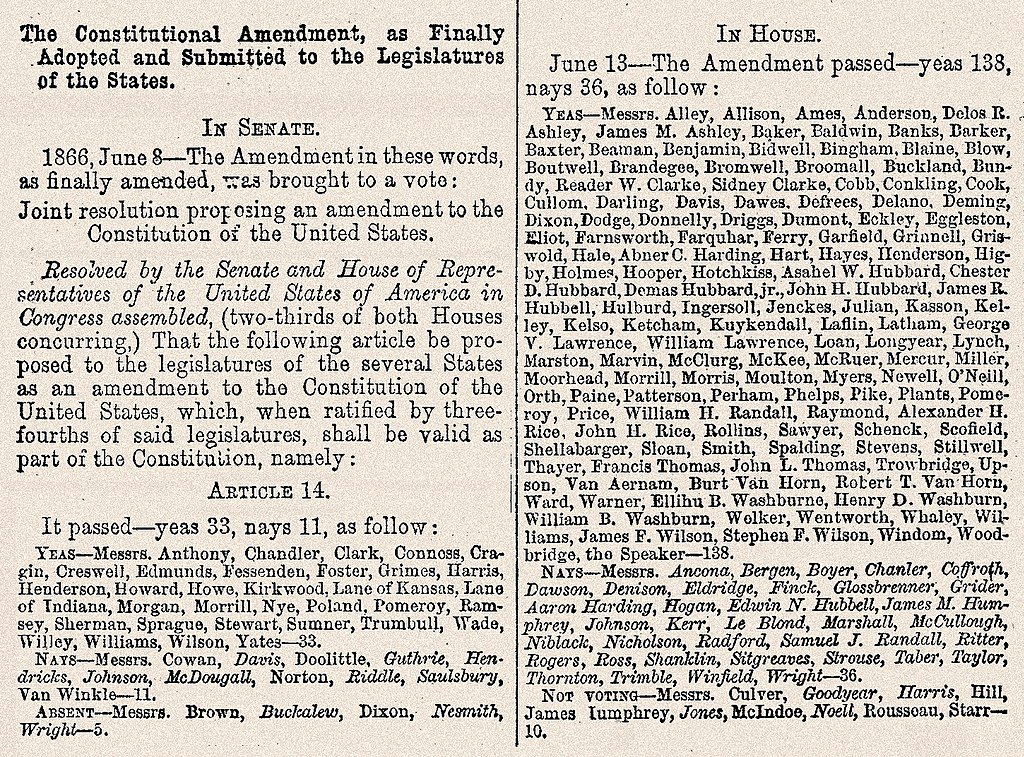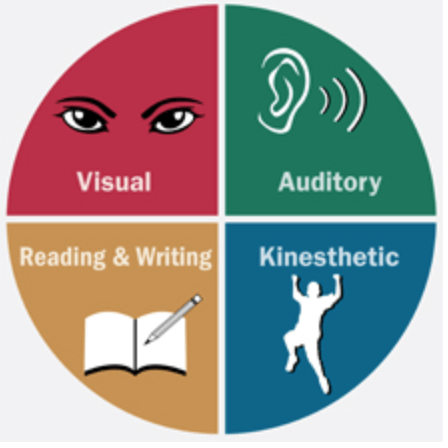
This might be kind of fun for discussing basic concepts about laws, the legislative process, and judicial review. I’d consider doing it early in the semester as an overview of basics of government or perhaps specifically when discussing judicial branch. The fact that it’s focused on Georgia and features an interview with a professor at GSU College of Law makes it particularly appealing.
Why Can’t Georgians Live On A Boat For More Than 30 Days? And Other Odd State Laws
Link to US Civitas Facebook Discussion Thread

:no_upscale()/cdn.vox-cdn.com/uploads/chorus_asset/file/11833599/Foreign_born.jpg)







/cdn.vox-cdn.com/uploads/chorus_image/image/60410115/508480896.jpg.0.jpg)


